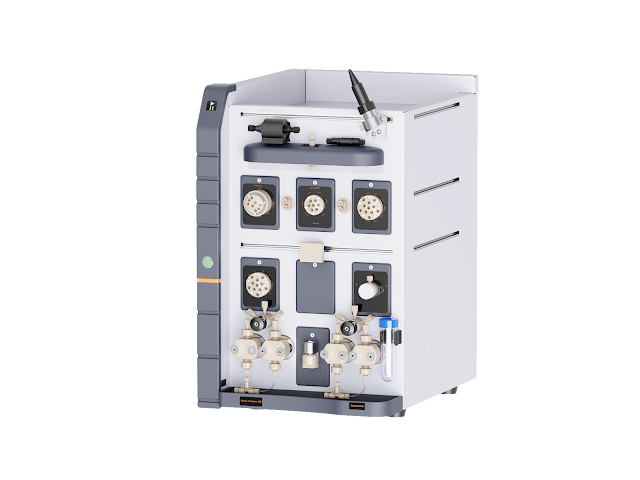Maximizing the Use of Chromatography in Contemporary Labs
Chromatography has emerged as a cornerstone technique in the field of analytical chemistry, providing unparalleled precision and versatility. This technique separates mixtures into their individual components, allowing scientists to analyze complex substances accurately. In laboratories worldwide, chromatography is essential for various applications, including drug development, environmental testing, and biochemical research. The ability to dissect complex mixtures into individual components revolutionizes the way scientists understand chemical interactions.

Advancements in Chromatography Technology
Recent advancements in chromatography technology have significantly enhanced its efficiency and accuracy. These improvements include the development of new stationary phases, more robust detectors, and automated systems. As a result, modern chromatography offers faster analysis times and greater sensitivity, making it an indispensable tool in scientific research. These innovations have paved the way for high-throughput screening, which is crucial for large-scale studies.
The Role of Liquid Chromatography
Liquid Chromatography (LC) is a vital subset of chromatography, renowned for its ability to handle a wide range of sample types. LC utilizes a liquid mobile phase to transport the sample through a stationary phase, facilitating the separation of components based on their interactions with the stationary phase. This method is particularly useful in pharmaceuticals, where precise separation of compounds is crucial for quality control and formulation development. Its flexibility makes it suitable for analyzing both small molecules and large biomolecules.
Liquid Chromatography Applications
The applications of liquid chromatography extend far beyond pharmaceuticals. Environmental scientists use LC to detect pollutants in water and soil samples, while food scientists rely on it to ensure the safety and quality of food products. Additionally, LC is instrumental in clinical diagnostics, enabling the detection and quantification of biomarkers in biological samples. This wide range of applications underscores the versatility and indispensability of LC in various scientific fields.
Innovations Driving Future Research
As research needs to evolve, so does the technology that supports it. Innovations in liquid chromatography are driving future research directions, such as the development of green chromatography methods that reduce environmental impact. These sustainable approaches are becoming increasingly important as laboratories worldwide aim to minimize their ecological footprint while maintaining high standards of analytical performance.
Conclusion
The continuous evolution of chromatography techniques, especially liquid chromatography, is revolutionizing various scientific fields. With ongoing advancements and increasing accessibility, chromatography will remain a fundamental tool in modern laboratories. For more information on advanced chromatography equipment, visit inscinstech.com.cn. The future of chromatography promises even more groundbreaking discoveries and applications.

.jpg)

Comments
Post a Comment